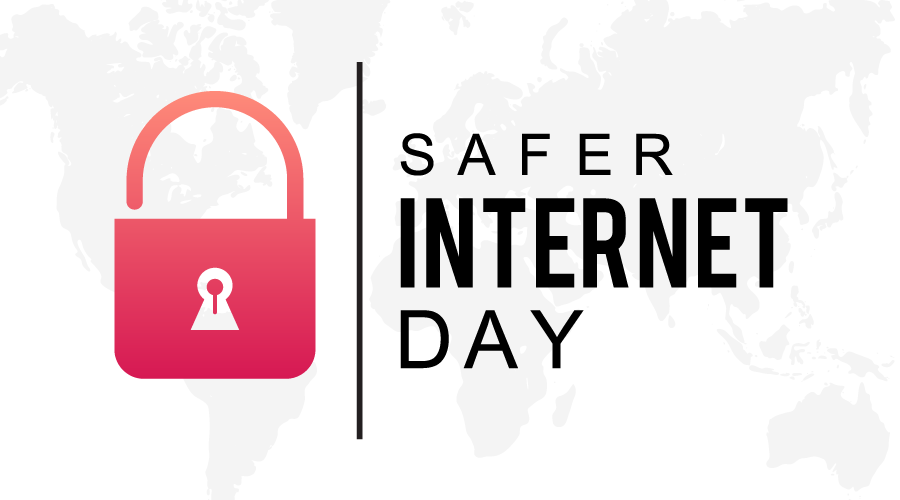

Whenever we find ourselves in a difficult situation or need a solution to almost anything, we turn to Google! On the occasion of Safer Internet Day, we thought of addressing one of the most common mistakes that we all make – self diagnosis.
We’ve become so engrossed in this digital world that we rely on it for finding a quick-relief medicine. Google has evolved into ‘Dr. Google’ because of the lightning-fast speed at which we can access information. No matter how convenient or time-saving they appear, self-diagnosis and medication can put your health at risk.
It’s ironic that people find it difficult to see a doctor but spend hours searching the internet for antibiotics that help them feel better. According to a report, one in every four people self-diagnoses on the internet rather than going to the doctor. Even though the internet has a wealth of information on precautions, diseases, and treatments, relying solely on it can be dangerous. First, the internet is a jumble of resources that can be misleading or false; second, it can cause unnecessary fear, anxiety, and withdrawal from the fact that the individual is sick.
What to Remember Before Self Diagnosing
Before you start Googling your symptoms, consider the following points:
1. Doctors are the Real Experts
Make sure you understand that studying medicine is not an easy task before you start bombarding your doctor with the ‘detailed’ self-diagnosis you found on the internet. A pop quiz about a headache online can’t compare to a doctor’s ability to examine your symptoms in person.
2. It can Cause Fear & Anxiety
The term “cyberchondria” has been coined to describe this condition. As a result of searching online for symptoms of a medical condition, many people suffer from anxiety and depression as a result of self-diagnosis. For example, if you look up viral fever symptoms on the internet, you’ll find that it’s almost always associated with COVID. In some cases, it can make you feel sicker than you really are. Consulting a doctor is always a great idea in such a case.
3. Anyone can Post Content Online
Nobody can guarantee the quality or credibility of the information available online. However, it can also direct you to shady websites that provide bogus information. So, it’s important to know what you’re looking at.
Conclusion
A Google search does not serve as a substitute for access to qualified medical care. You are putting yourself at risk of anxiety and stress and an incorrect diagnosis by doing so. A lot of nonsense is available on the internet and it might not even be close to the answer you are looking for.
For those of us who can’t help but Google the symptoms in search of answers, knowing the difference between a credible source of information and complete junk can help. This Safer Internet Day, make an effort to only use medical websites that you’ve been told about by your doctor and don’t turn your web surfing into suffering.
Frequently Asked Questions About Safer Internet Day
Q2. When was Safer Internet Day started?
Safer Internet Day was established on 6 February in 2004 as part of Insafe Network’s SafeBorders project.




